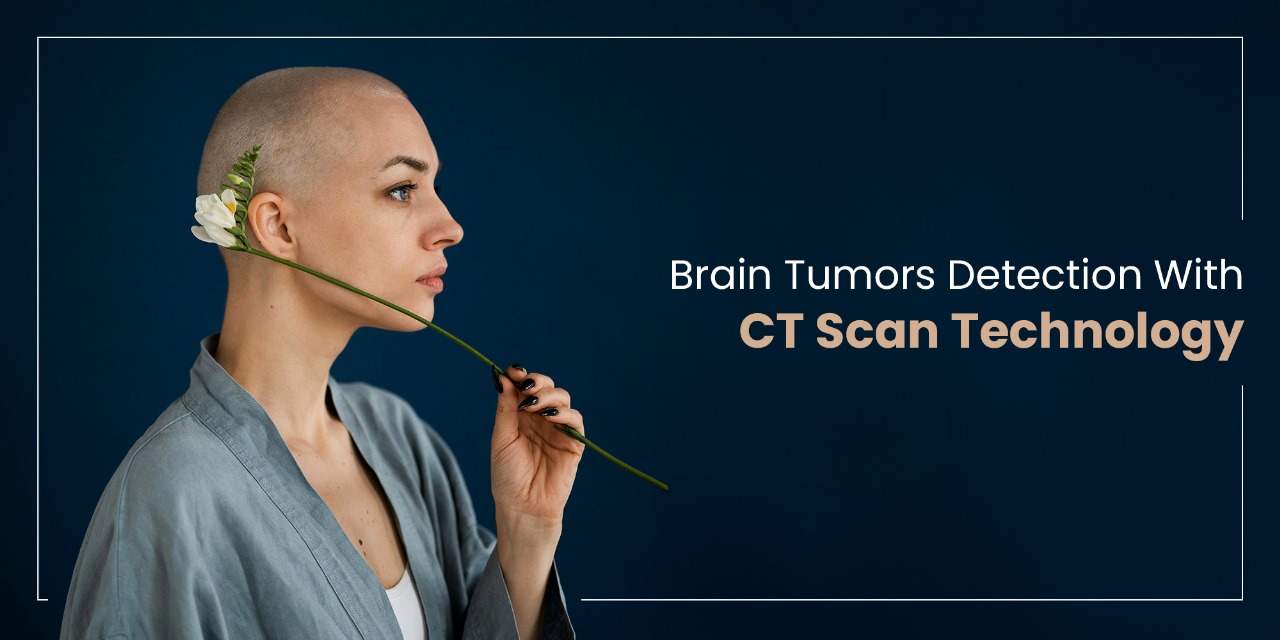Brain tumors signify a critical health challenge globally. These growths, whether benign or malignant, can cause significant neurological damage due to their location in the brain. The incidence of brain tumors in India has been on the rise, attributed to factors such as improved diagnostic capabilities and increasing awareness. Diagnosing brain tumors accurately and early is crucial for effective treatment. Among the various diagnostic tools available, the CT (Computed Tomography) scan plays a crucial role due to its accessibility, speed, and detailed imaging capabilities.
Prevalence of Brain Tumors
Brain tumors are a major health concern, with an estimated incidence rate of approximately 3-4 cases per 100,000 people annually worldwide. In India, the incidence is about 2-3 cases per 100,000 people per year. However, the actual numbers might be higher due to underreporting and lack of access to medical facilities in rural areas. Advances in medical technology and increased healthcare awareness have led to more frequent diagnoses in recent years.
Causes of Brain Tumors
The exact causes of brain tumors remain largely unknown, but several factors have been identified that may contribute to their development:
- Genetic conditions, such as neurofibromatosis, Li-Fraumeni syndrome, and Turcot syndrome, increase the risk of developing brain tumors.
- Exposure to ionizing radiation, particularly during childhood, has been linked to a higher risk of brain tumors.
- A family history of brain tumors can increase the likelihood of developing one.
- Although not conclusively proven, exposure to certain chemicals and industrial pollutants might be linked to a higher incidence of brain tumors.
- Brain tumors can occur at any age but are more common in children and older adults. Some types of brain tumors are more prevalent in one gender than the other.
Symptoms of Brain Tumors
The symptoms of brain tumors vary depending on the tumor’s size, type, and location in the brain.
Common symptoms include:
- Frequent and severe headaches, often worse in the morning or when lying down.
- New onset of seizures in someone without a history of seizures.
- Memory problems, confusion, difficulty concentrating, or changes in behavior and personality.
- Nausea and vomiting caused due to increased intracranial pressure.
- Blurred vision, double vision, or hearing loss.
- Weakness in one part of the body or on one side, and loss of sensation or difficulty with coordination.
- Trouble speaking or understanding speech.
Detection of Brain Tumors Using CT Scans
CT scan uses a combination of X-rays and computer technology to produce cross-sectional images of the brain. Here’s how a CT scan aids in detecting brain tumors:
- Detailed Imaging: CT scans provide detailed images of the brain, allowing for the identification of abnormalities such as tumors.
- Quick and Non-Invasive: CT scans are quick, typically taking only a few minutes, and non-invasive, making them suitable for emergencies.
- Detection of Calcification: CT scans are particularly effective in detecting calcification within tumors, which can help differentiate between different types of brain tumors.
- Guidance for Biopsy: CT scans can be used to guide needle biopsies, providing precise localization of the tumor.
- Evaluation of Treatment Response: Follow-up CT scans can help assess the effectiveness of treatment by showing changes in tumor size.
CT offering detailed, quick, and non-invasive imaging that aids in accurate diagnosis of brain tumors and treatment planning.
Check out our blog on preparing for CT scan

